NEWS / ARTICLES

Happy Holidays 2024: Thanks and Best Wishes for 2025
Happy Holidays 2024: Thanks and Best Wishes for 2025
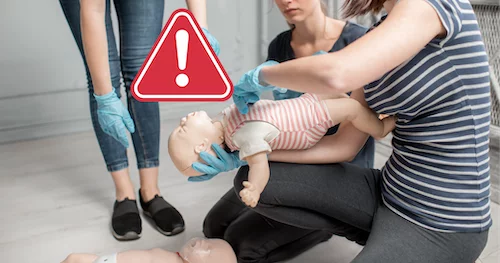
Mandatory requirements: Early childhood first aid
Aclaración del eventual cambio normativo y su impacto.

Tips for a safe and healthy holiday season!
Tips for a safe and healthy holiday season!

First Aid Standards in Childcare Settings
Discover the requirement for first aid training in childcare services and how the Académie Saint-Bernard supports you.
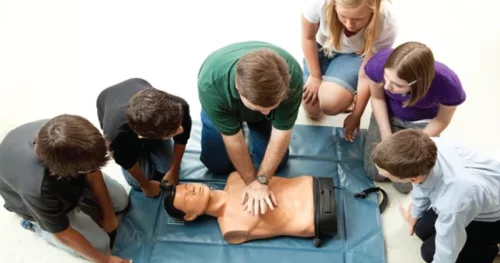
Mandatory CPR Training for 3th Grade Students in Quebec
Since 2018, CPR training has been mandatory for 9th-grade students in Quebec. Learn about the standards and available support.

First Aid Standards for Foster Families in Quebec
Learn about first aid standards for foster families in Quebec and the tailored training offered by Saint-Bernard Academy.

RTF: First Aid Standards and Mandatory CPR Training
Discover the CPR and first aid standards for family-type residences (RTF) in Quebec, essential for the safety of users.

Intermediate Residences: CPR and First Aid Standards in Quebec
Ensure safety in intermediate residences with our 8-hour CPR training course. First aid standards and expertise from Académie Saint-Bernard.

RIMA : First Aid Standards and CPR Training
Learn about CPR and First Aid standards for RIMAs and find out how Académie Saint-Bernard can help you meet them.

Burn in the kitchen
Intervention following a burn

Serious fall at amusement park
A fun time that goes off the rails!

Asphyxiation in secondary schools
Rescuing a pupil in the canteen.

Severe sunburn
Moisturizing necessities in hiking.

Dog bite
An unusual dog encounters !

Bicycle fall
Accident on the bike path

Basketball fracture
A painful interception!
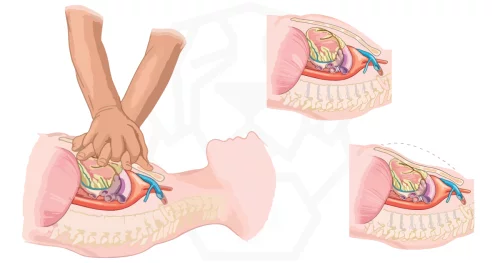
An effective solution for cardiac resuscitation
Online CPR training: Effective resuscitation solution

A modern solution
The advantages of online CPR training: a modern solution

Videos Enhance CPR Responsiveness
CPR Revolution: Videos improve first aiders' reactivity

Poisonous plants to watch out for.
Some plants can be very harmful to your health. Learn how to identify them!
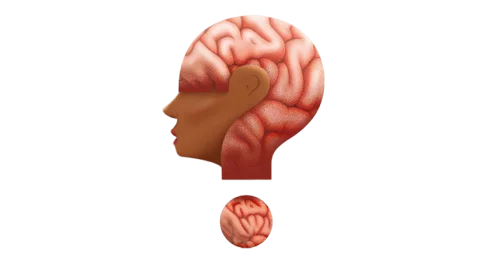
What do you know about stroke?
Definition, symptoms and types.

Things to know about ticks.
Information on these bugs and lyme disease.

Notice of changes to certifications.
Validity of certifications for healthcare professionals.

Wear purple for Purple Day!
Wear purple for Purple Day!

Women's heart health.
A health issue too much ignored.

Contest - A course for your class, 2nd edition!
Enter for a chance to win high school CPR training!

Pause and gratitude from the Académie Saint-Bernard
Pause and gratitude from the Académie Saint-Bernard

November, CPR month
November, CPR month

November - Prostate Cancer Awareness Quebec
November - Prostate Cancer Awareness Quebec

Aa fun and safe Halloween.
Tips for a fun and safe Halloween
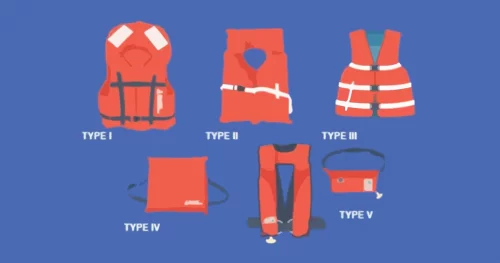
Essential tips for your water safety
Essential tips for your water safety

Wearing a helmet.
Why is this protection a vital choice?
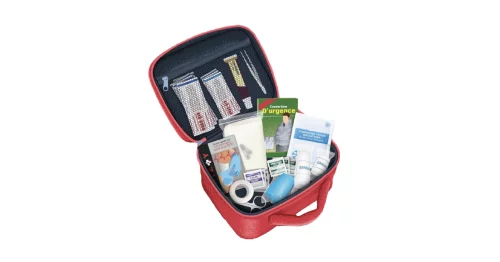
Equipped to save lives
Preparation and safety

Mental health following cardiac arrest.
The training you are considering taking or have already taken prepares you to intervene safely with victims of cardiac arrest.

Online training: Progress towards a safe future
Online training: Progress towards a safe future

Contest - A course for your class
Teachers, enter to win “High School CPR” training for you and your students!

World Mental Health Day
World Mental Health Day

November - Prostate Cancer Awareness Month
November - Prostate Cancer Awareness Month

Pink October - Breast cancer awareness month
Pink October - Breast cancer awareness month

CPR in times of coronavirus
Pandemic victim management updates COVID-19

Defibrillators (AEDs) in all high schools
Defibrillators (AEDs) in all high schools
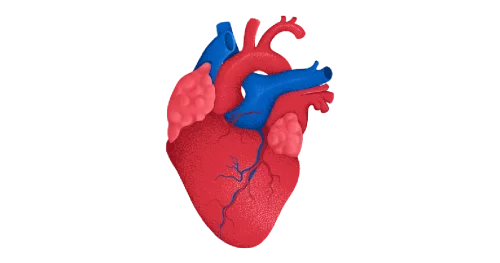
The cardiovascular system.
The anatomy and physiology of the heart.

Chest compressions
Learn more about the history, technique and why chest compressions are a key element of CPR according to several studies.
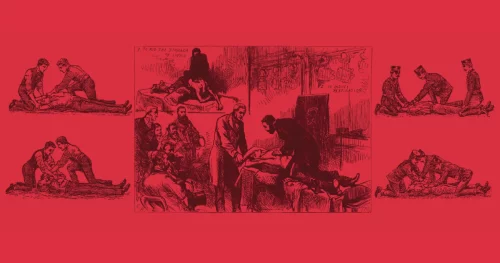
The History of CPR
The history of CPR: from 1740 to the present day. An evolution marked by innovation and survival.

History of OSHA
Learn about the history and highlights of the Occupational Safety and Health Administration (OSHA)

E-Learning Advantages
E-learning: flexible, fast and tailored to your needs. Maximize your assimilation and save time and money!